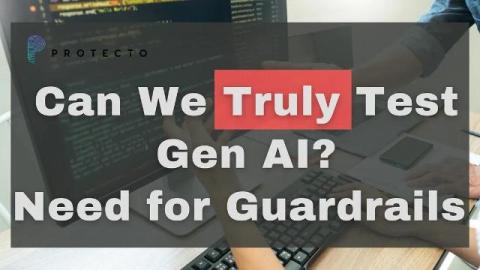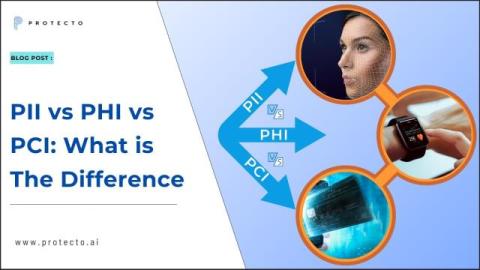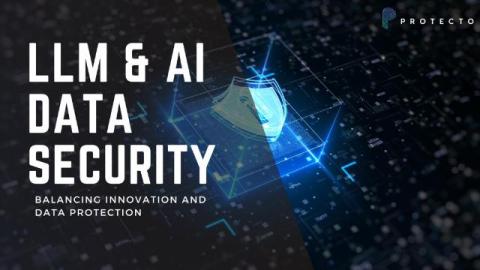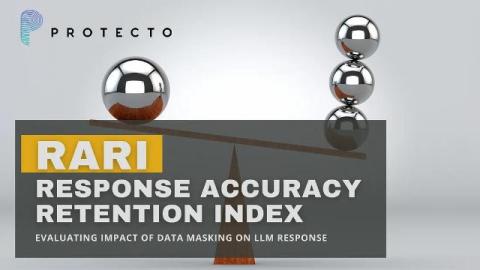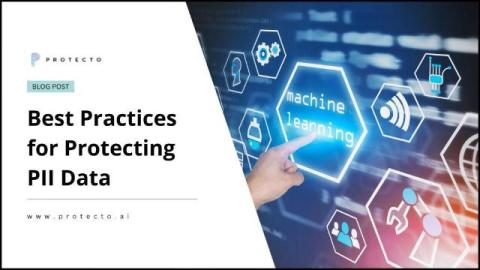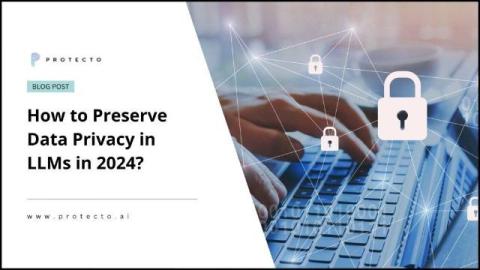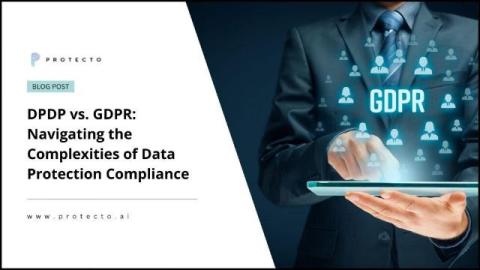Can We Truly Test Gen AI Apps? Growing Need for AI Guardrails
Unlike traditional software, where testing is relatively straightforward, Gen AI apps introduce complexities that make testing far more intricate. This blog explores why traditional software testing methodologies fall short for Gen AI applications and highlights the unique challenges posed by these advanced technologies.


